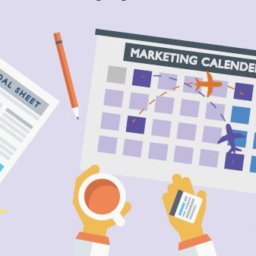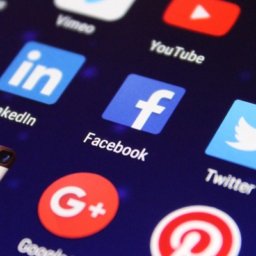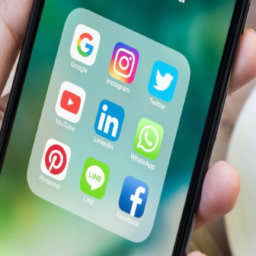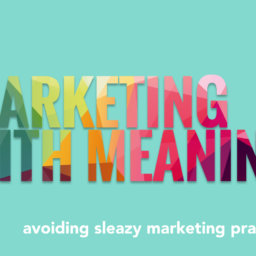When it comes to email, using cliches isn’t the worst sin you can commit (that honor probably belongs to misspelling basic words or getting your prospect’s name wrong). But overused words and phrases don’t help you achieve your number one goal: Making your email stand out in the buyer’s mind and eventually earning their time.
To improve your response rates, the Grammarly team recommends avoiding these email cliches.
1. “I hope you’re doing well.”
I get it: It feels weird to ask for a favor without first breaking the ice. Yet because this phrase is so common, you don’t sound truly concerned. You sound like you’re checking a box.
Counterintuitively, it’s more respectful to get straight to the point. Rather than saying “I hope you’re doing well,” immediately explain why you’re contacting them.
Try these instead:
- “I’m reaching out because …”
- “[Mutual contact] suggested I get in touch.”
- “We met at … ”
2. “Per our conversation …”
Unfortunately, this cliche usually sounds passive-aggressive — like you’re saying “I don’t trust you to remember what we talked out before.” Along similar lines, steer clear of “as previously stated” or “as we discussed before.”
What should you do instead? Simply state what you’d discussed and how you’re following up.
Try these instead:
- “After you mentioned X, I decided to … ”
- “Thanks for your question on Y. I followed up with so-and-so and they said … ”
- “In our last conversation …”
- “I appreciate your patience; a few unexpected things came up.”
- “I wanted to give my response some thought.”
- “Thanks for your patience.”
3. “Sorry for the late response.”
Adulthood is emailing, ‘Sorry for the delayed response!’ back and forth until one of you dies.
Okay, that might be a bit hyperbolic. But you get the point. Since it’s inserted in emails so frequently, this phrase doesn’t make you seem contrite. Worse, it calls attention to your lateness.
Try these instead:
- “I appreciate your patience; a few unexpected things came up.”
- “I wanted to give my response some thought.”
- “Thanks for your patience.”
4. “Thank you in advance.”
If you’re emailing your prospect for the first time, this is probably one of the worst sign-offs you can use. Your intentions are probably good — you’re expressing gratitude for a future favor. However, the prospect typically interprets this as “You don’t have a choice; you have to do what I’m asking.”
Try these instead:
- “Thank you for any help you can offer”
- “Really appreciate your time here”
- “Thank you for doing X”
- “Good luck with [X initiative]”
- “Looking forward to hearing more about [Y strategy]”
- “Hope all goes well at [Z event]”
5. “Best”
There’s nothing wrong with “Best” — but there’s nothing right either. It’s not personalized or memorable. Remember, you’re trying to make a positive impression. To do that, you’ll need to maximize every part of your email … including the last line.
Try these instead:
- “Good luck with [X initiative]”
- “Looking forward to hearing more about [Y strategy]”
- “Hope all goes well at [Z event]”
Once you’ve replaced these cliches with personalized, meaningful language, your prospects are less likely to skip over your messages. It might take more time to write without cliches, but your response rates will thank you.
















